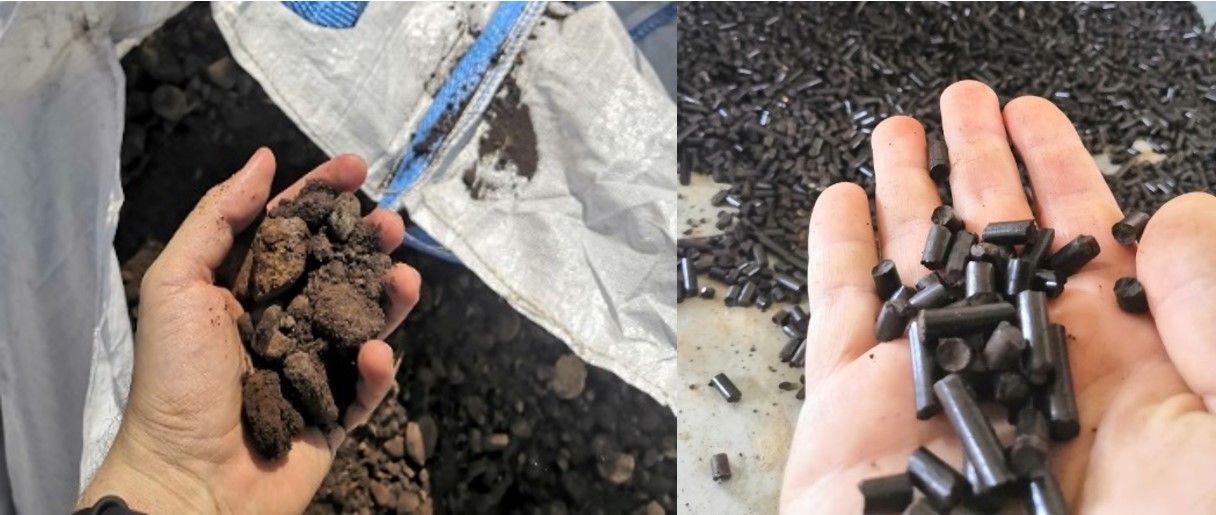Several workshops were organised in our pilot countries to further present the BECoop concept and objectives and get stakeholders’ views.
In September, OBS held a meeting in Poland on the development of the energy potential of the local community to increase the use of biomass (renewable energy) in heating systems. The meeting introduced the topic of using biomass as a future-oriented, ecological and renewable source of heat energy, exchanging views, knowledge and experience regarding the use of renewable energy sources, determining the potential of the commune in terms of the proper use of biomass for energy purposes as well as defining barriers in the creation of local social initiatives. The meeting discussed the aspect of energy independence in the region and how to strengthen the position of residents in the creation of energy cooperatives.
A potential BECoop community emerged in Greece with energy coming from the municipal green residuals after city tree trimmings and the production of solid biofuels in the form of pellets.
In the case of Greece, BECoop focuses on an existing pellet-production RESCoop (Energy Community of Karditsa SYN PE (ESEK)) that aims to expand its biomass supply chain and extend activities to bioenergy production.
An interesting collaboration started between the Energy Community of Karditsa (ESEK) and Kafsimo, with residual coffee used to be converted into solid biofuel!
ESEK intends to create a collection network for coffee houses’ waste coffee, combined with wood to make then “coffee pellets”.
This virtuous coffee circle would give value to an organic residue that would otherwise result in waste. ESEK would therefore expand its supply chain with pilot processing coffee and plant biomass.
Other collaborations include one with the Municipality of Karditsa for the use of pruning residues: a community could be created in the BECoop framework, which would then include a vertically integrated system for collecting and using the residual biomass resulting from the residues of urban prunings and residual coffee from various shops and restaurants in the city.
The municipality staff would carry out the prunings as it is done until today with the difference that instead of the residues remaining untapped, they will be crushed and converted into biofuels.
The idea of mixing the residues resulting from pruning and residual coffee, gives a new, pioneering and innovative biofuel that can be returned as a final product now back to the municipality to save some of the heating needs of municipal buildings (schools, sports grounds, etc.). The University of Thessaly could complement the community by offering support on issues of quality and properties of biofuels.
Trying, for the first time in Karditsa, to make the participatory recycling of coffee and plant biomass a reality!
The numerous gains include using an otherwise wasted resource, and reduces the waste to be dealt with. Part of the profit will return to support vulnerable social groups while the environmental gain is also noteworthy.
Warm up events were organised in Greece where this innovation was presented, to which several stakeholders participated: energy communities, Municipal authorities, Citizens, biomass industries, Biomass owners, etc.

